The place of birth of the Ukrainian leaders gives us hints as to where the country is headed. Most of the new leaders come from the very West of Ukraine, from border towns that were formerly part of the Austrian-Hungarian Empire, of Poland or Romania.
According to the National Exit Poll, the parties in the Ukrainian Elections of October 26 obtained the following votes:
Bloc of Petro Poroshenko – 23 percent
Arseniy Yatsenyuk’s People’s Front – 21.3 percent
Samopomich (Selfhelp) – 13.2 percent
Opposition Bloc – 7.6 percent
Oleh Lyashko’s Radical Party – 6.4 percent
Svoboda – 6.3 percent
Yulia Tymoshenko’s Batkivshchyna (Fatherland) – 5.6 percent
via Kiev Post
The following map shows how the Ukrainian desire to move to the West and the EU is reflected in the place of birth of party leaders.
- President Petro Poroshenko was born close to the South Western border in a town called Bolhrad, which was mostly founded by ethnic Bulgarians.
- Both Andiry Sadovyi (“Selfhelp“) and Oleh Tyahnybok (the nationalist Svoboda) were born in Lviv, near to Poland. Lviv was inhabited until WWII mostly by Poles (in 1931: 50%) and German or Yiddish-speaking Jews (31%). Until WWII, Ukrainians made up only 16% of the population. With assimilation and emigration of many Poles, today’s population is 90% Ukrainian, but the strong Western routes remain.
- Prime Minister Asresniy Yatsenyuk of the “People’s Front” was born in Chernivtsi, in Bukovina, a town close to the Romanian border. Similar to Lviv, Chernivtsi was part of the Austrian-Hungarian Empire, and later part of Romania. In 1930, the population was 26.8% Jews, 23.2% Romanians, 20.8% Germans, 18.6% Ukrainians and the remainder were Poles. The dominant language was German.
- The radical party leader Oleh Lyashko comes from Chernihiv, a town at the center of the former Polish–Lithuanian Commonwealth. In 1897 nearly half of Chernihiv was Jewish.
That so many Jews lived in Ukraine until WWII had a simple cause. In Catholic countries in Western Europe, Jews were subject to discrimination during the Middle Age. Jews moved to the East, to countries like Prussia, Austria-Hungary, Poland and the Russian empire where multi-ethnicity, liberal ethnic laws and a later development of religious and nationalist hatred favoured their integration. The German acceptance of Jews lasted until the 1920s, and the Ukrainian one until WWII, when Ukrainians cooperated with Germany in the extermination of Jews, often those in Western Ukrainian towns. - Only the leader of the “Opposition Bloc” Yuriy Byko, born near Donetsk, represents the few Russian speakers that participated in the elections. Most inhabitants of the separatist Donetsk and Lugansk regions did not vote. This party is the successor of the Party of the Regions of the former president Yanukovich.
- Yulia Tymoshenko was born in Dnipropetrovsk. As opposed to the other towns above, many ethnic Russians lived here already in the 19th century. Her origin is a reason why Tymoshenko has often changed her opinion from pro-Russia to pro-Ukrainians and vice-verse, according to the political climate.
Economic Implications
The desire of Ukrainian leaders is to follow the Polish and Slovak model. The Polish model is to provide cheap labor to the European Union, for example, to European or Swiss companies that practise labor outsourcing, e.g. in the banking sector. The Slovak automobile industry is an important part of the German car supply chain.
This labor outsourcing, so -called “Near Sourcing”, to Eastern Europe is one of the reason why inflation remained relatively low in Europe despite strong growth until 2008. Eastern Europe provided about 50 million people for cheap labor, in particular for German companies and the German global production chain. Southern Europeans concentrated on their Ricardian advantage and created a housing boom, in their sunny places so that hard-working Germans and Eastern Europeans could relax. Low inflation and low rates helped to increase home prices. Rising wealth incited Southern Europeans to spend more. The picture, however, changed after 2008, in particular when European leaders introduced austerity in the South, while Eastern European salaries continued to improve.
Given that Polish labor costs rise by 4% per year and Estonian ones even by 7% (see Eurostat), German companies, and Merkel behind them, are probably keen on achieving the integration of another 45 million cheap and often well-educated workers in Ukraine. The new political oligarchs in Ukraine are happy to meet their demand and earn some money in this process.
We judge that this time the EU will be more reluctant given that the current political climate has issues related to accepting a new threat to the European labor force. The Ukrainian EU membership should take a while.
Russia could finally follow the same model, given that the Rouble is not as overvalued as it was before. Russian labor has become cheap and could also be a target for German labor outsourcing.
References:
Previous post See more for Next postTags: Bulgaria,Poland









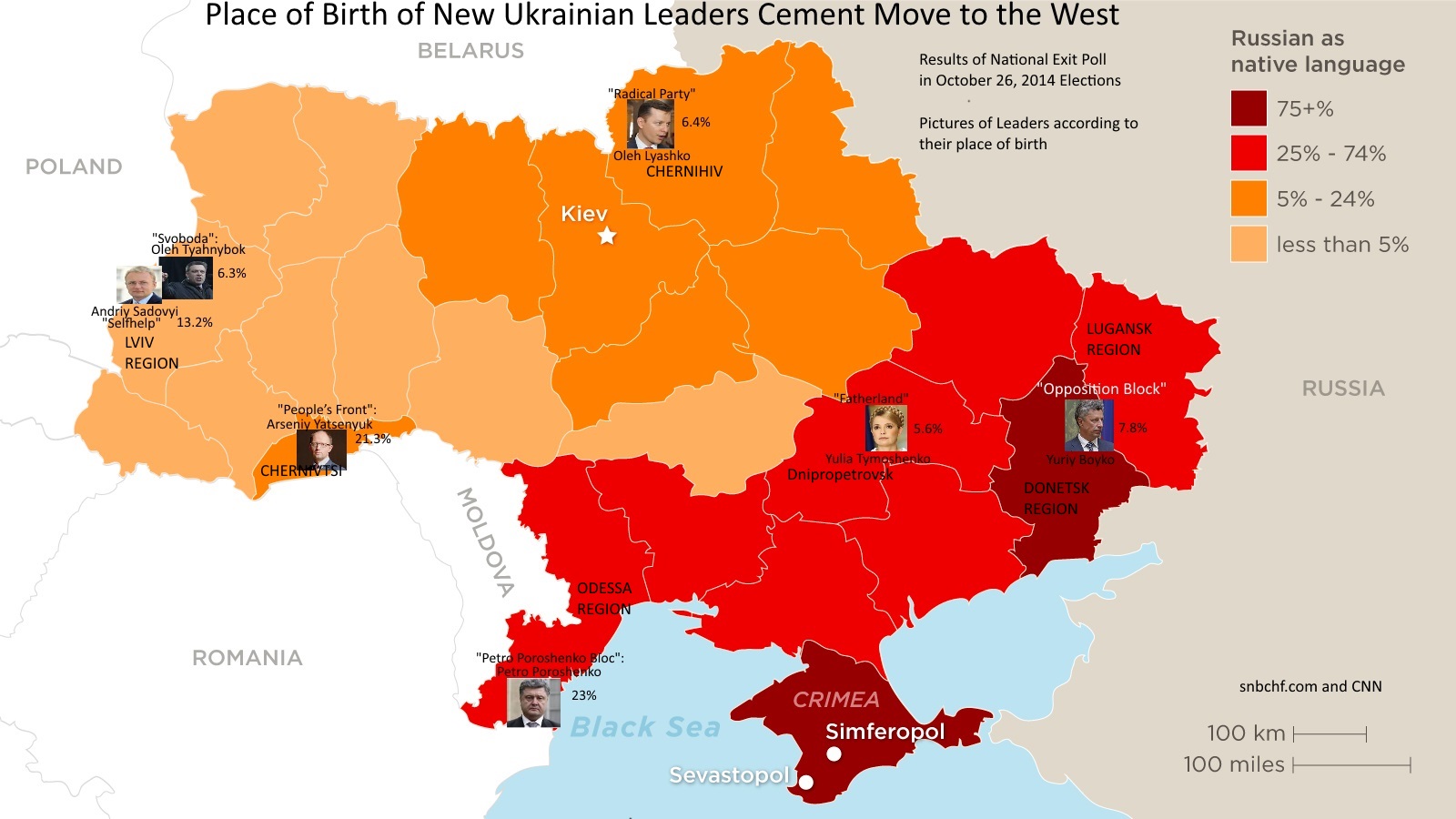













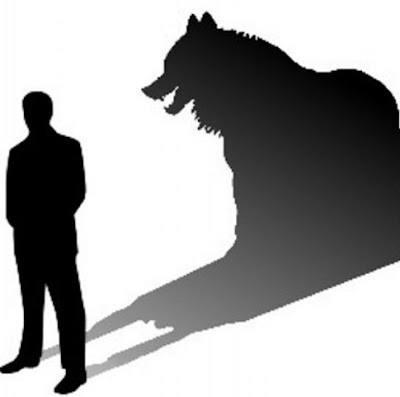
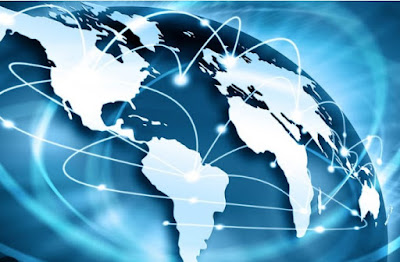








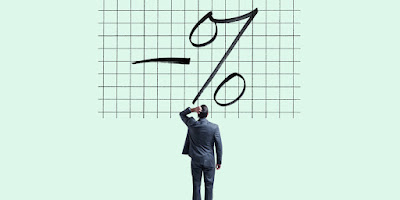
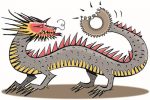

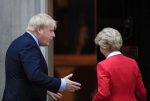
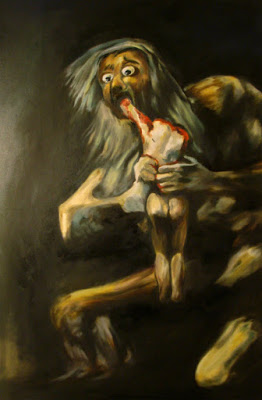
2 comments
F_r_e_n_k
2015-04-07 at 16:22 (UTC 2) Link to this comment
I think that’s nice idea, to write articles, like this. About Ukraine, about new goverment, and new ukrainian leaders. I’m not so interested in politics, but i support desires of most people in this country to move to the west and EU. It’s a good idea to write about all this, in the background of russian propaganda and false information about country and people who lives there. Everyone in Ukraine want’s to live better. And EU is a good chance to change life of most of ukrainians. In the background of all this war, most of ukrainians lose faith. I think everything will be great with Ukraine. It’s a great country with a great people
bert1986
2015-04-07 at 16:34 (UTC 2) Link to this comment
Sympathy for the victims of the terrorist attack in France! But why nobody respects almost year Ukraine is state terror against its own people, killing innocent children and defenseless old !!! In France, only two terrorists with guns thundered. What if done in civilized Europe bombs degree ever on terrorists! Why not look at Europe, what to do in Donetsk Ukrainian army ??? Why Poroshenko can destroy the people of Ukraine in the South East to take part in a march of mourning in Paris ???